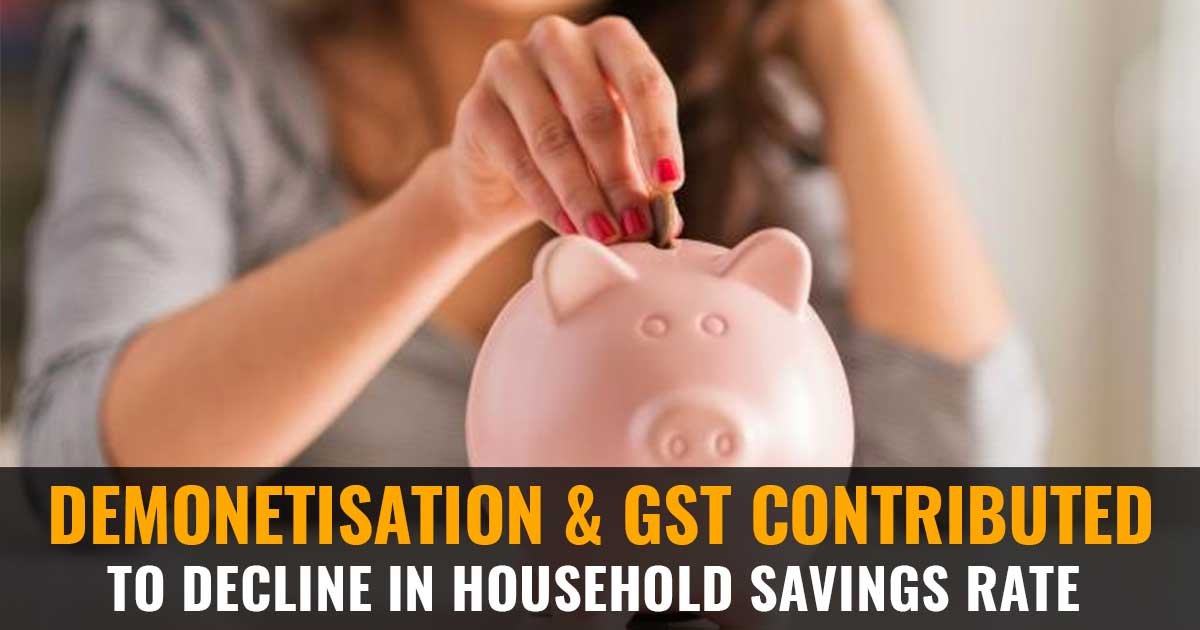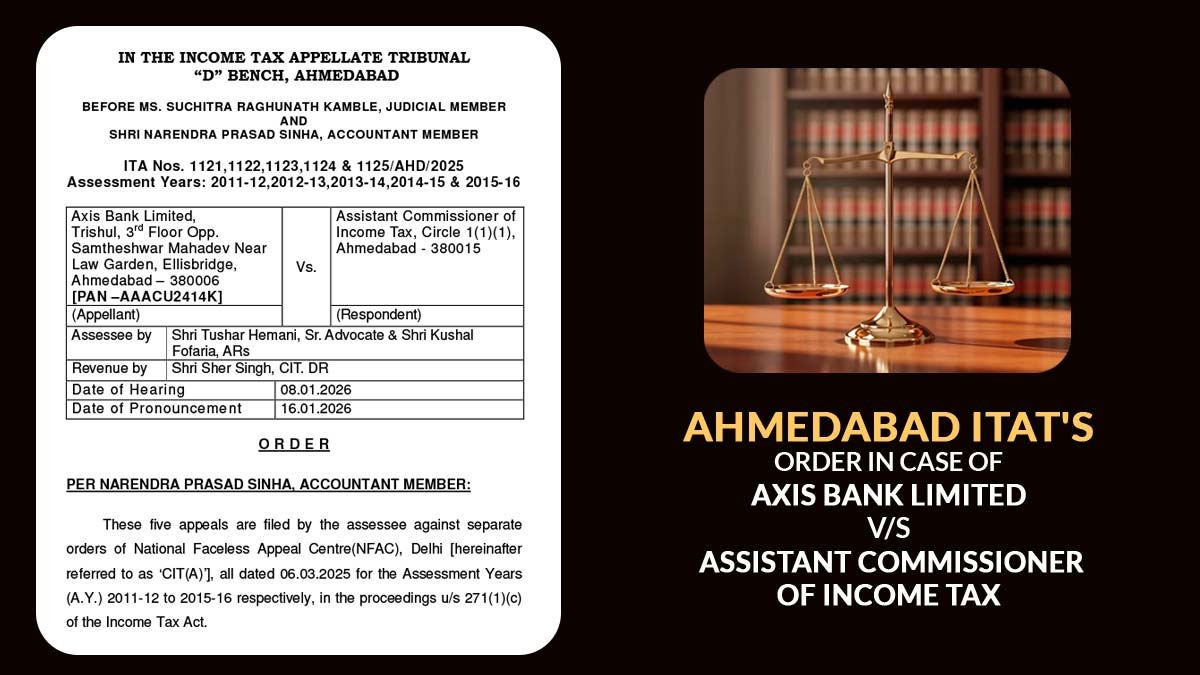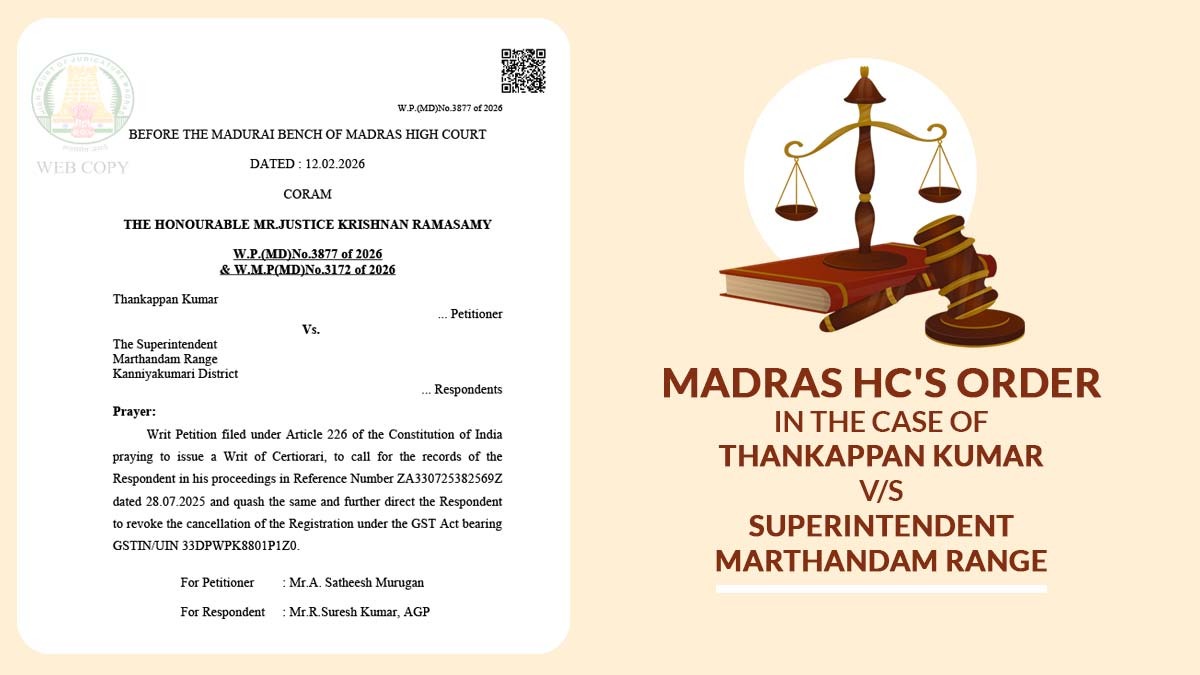A report by India Ratings revealed that the household savings rate has fallen abruptly from 23.6 per cent in 2012 to 16.3 per cent in 2017. If it continues with the same rate, there may be serious implications on the overall economic growth and stability, adds the report.
It further goes on saying that the decline in the household savings was majorly caused by demonetisation in 2016 along with GST implementation last year. “The twin policy shock of demonetisation and GST although had economy-wide ramification, it was more pronounced in the case of the household sector. The household savings rates plummeted 153 bps in FY17, while that for private corporations fell only 12 bps while savings rate for the public sector increased 37 bps. But the overall impact was a 128 bps decline in the savings rate,” said the report prepared by DK Pant, the chief economist at India Ratings.
Read Also: Flat Buyers Could Not Benefit From Affordable Housing Scheme Under GST
The overall savings rate, including that of contributions by the household sector, declined from 34.6 per cent in FY12 to close to 30 per cent in FY17. The drop in the household savings rate was a major factor in this decline.
Household savings, which include savings by quasi-corporates, households and non-for-profit institutions, is reportedly the largest savings contributor in the country’s economy. These savings, through banks and other financial institutes, go on to contribute to investment funding. The decline in the savings rate will affect the funding of major investment institutions.
However, the public sector (government) household savings rate increased slightly by 0.1 per cent between FY12 and FY17 and for corporates it went up by 2.6 per cent during the period, even with the drop in the overall savings rate. “Between fiscal 2012 and 2017, the household sector accounted 60.93 per cent of the economy’s total savings, followed by private corporations at 35 per cent and the public sector at 4.07 per cent,” the report added.
As against the 3.7 per cent growth of the household savings during this period, the private corporation savings grew by 17.4 percent while the savings of public sector grew by 12.9 per cent. This resulted in an overall decline of 7.3 per cent in the rate of growth of household savings.
Recommended: Surprisingly GST and Demonetisation Made Green Environment
A direct impact of this decline was witnessed by the investment sector, which reported a lower contribution of household sector as against the sharing of private and public corporations during the period. This is a serious concern as the household sector used to be the biggest contributor to the overall economy until FY14 after which private corporations acquired this place.










